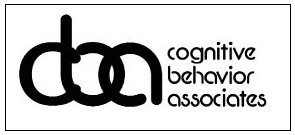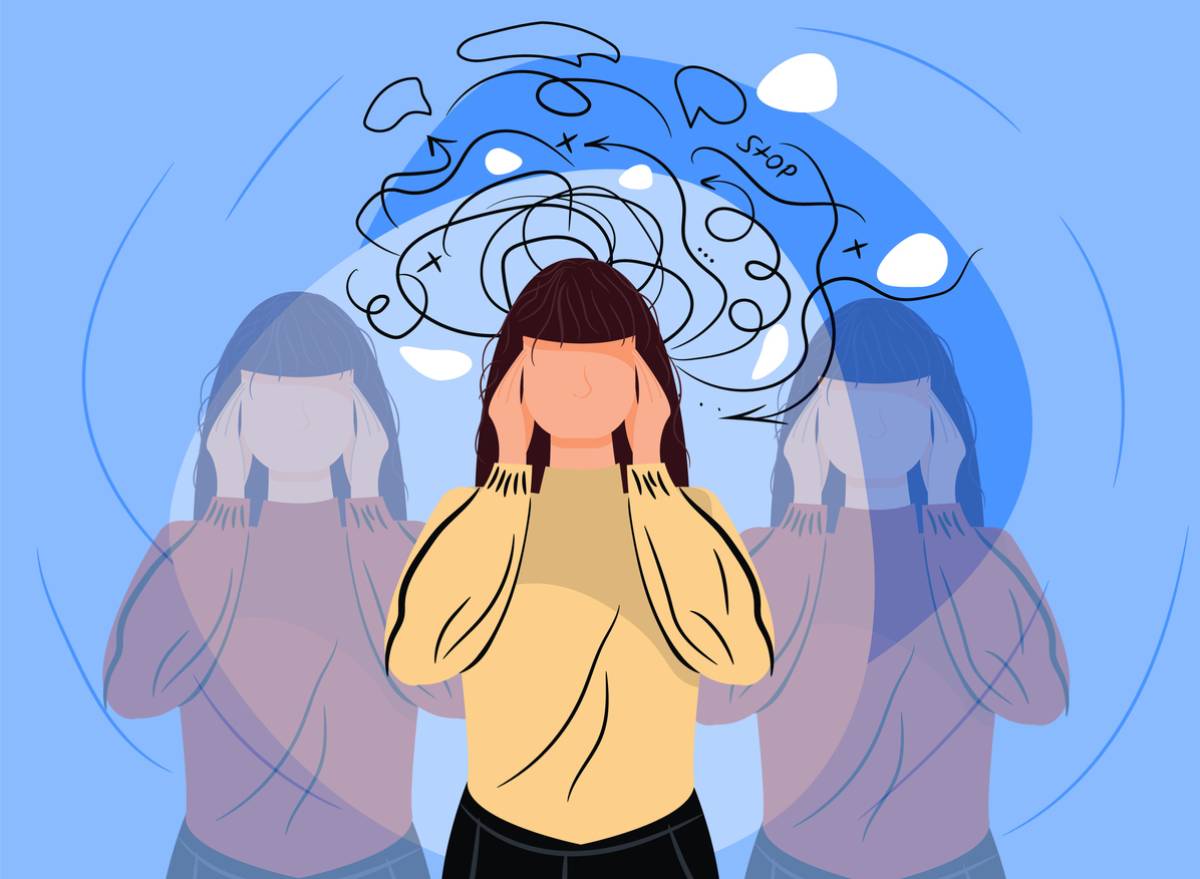Caring for your mental health is important for your overall well-being. This is especially true if you have experienced trauma at any point throughout your lifetime. In fact, it is never too late to seek support for prior trauma. Below are some of the common signs of hidden trauma.
Common Signs of Hidden Trauma
Trauma can impact your daily life in a number of ways. Addressing your mental health can improve your mental health, personal life, and professional life. Below you will find the common signs of hidden trauma.
Experiencing Anxiety:
Signs of anxiety include feeling nervous, restless, or tense. It is often associated with feelings of impending danger and can make you feel like you are panicking. It can sometimes even be associated with an increased heart rate and rapid breathing.
Feelings of Depression:
Depression negatively impacts the way you feel, think, and act. Some people can conceal the obvious symptoms of their depression while others may not be able to as there are varying ways the condition can present itself. Feelings of sadness, hopelessness, and irritability are all associated with depression.
Avoidant Behavior:
Avoidance can come in a variety of forms. Some people avoid places, people, or things that can cause unpleasant emotions. Avoidance is often a symptom of a larger traumatic issue.
Feelings of Shame:
Shame is a difficult emotion to experience as it often causes an innate feeling that one is worthless, bad, or of no importance. Shame can cause other issues, including depression and avoidance if not addressed.
Dependency and Eating Disorders:
In an attempt to escape negative emotions people often turn to habit-forming substances. Others may develop an eating disorder that is used to numb certain emotions. Numbing or escaping unpleasant emotions often leads to other serious issues that impact your overall health and well-being.
Issues with Sleep:
Sleep is an integral part of your physical and emotional well-being. Sleeping issues can include difficulty staying asleep or falling asleep. A lack of quality sleep for long periods of time can cause a number of other health issues.
Detachment:
Feeling emotionally detached is often a symptom of trauma. It includes feelings of loneliness or isolation. Staying connected with others is an important part of your overall well-being so detachment can be a debilitating symptom of trauma.
Suicidal Thoughts or Self-Harm:
Harming oneself is an indicator of prior trauma. Suicidal thoughts and actions are often associated with severe depression. Self-harm is another indicator of trauma, including cutting or other types of bodily harm.
Anger:
While most people associate feelings of sadness or despair with trauma, anger is also an emotion that many people experience. Feelings of anger or rage negatively impact your mental health. In serious cases, this can lead to more harm if a person acts on that anger. Harming yourself or others can be the result of unaddressed trauma.
Intense Fear or Hypervigilance:
Sometimes people experience unexplained fears. This can include people or places. This often results in hypervigilance and a constant feeling of being on guard. Both fear and hypervigilance are clear indicators of unprocessed trauma.
Cognitive Behavioral Therapy
Getting support is important for those who are experiencing any of the trauma symptoms above. Cognitive behavioral therapy in Los Angeles is an effective treatment option for those who experience trauma-related symptoms. Talk therapy has been proven to be effective in addressing trauma and related mental health issues.
Addressing mental health issues can be highly beneficial in so many areas of your life, including your social, romantic, and professional life. Symptoms of unprocessed trauma can often be insidious and continue to negatively impact your life. Consider post traumatic stress disorder treatment to help improve your symptoms and take back control of your life.

